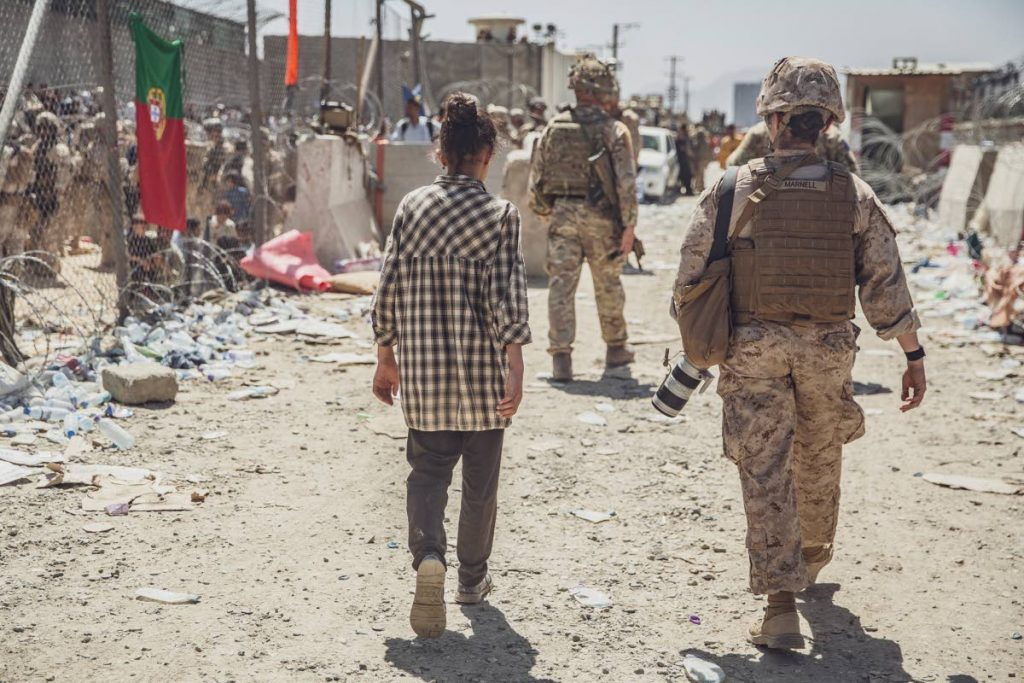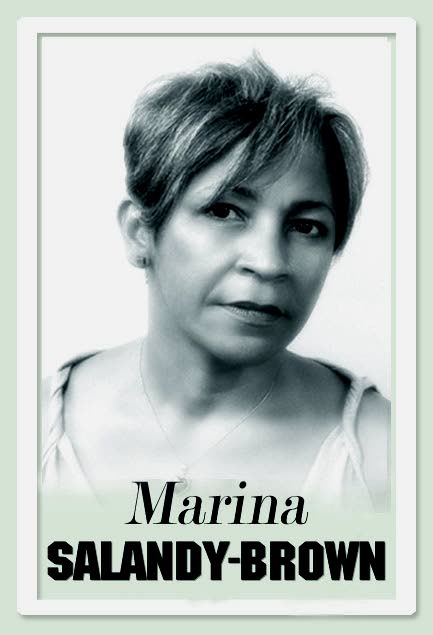Afghanistan – a doomed love

A novel, The Horsemen, by Joseph Kessel started a yen that probably will never be satisfied. I was a teenager and the book was recommended by an international book club. I had been ignorant of the remote, grand and seductively beautiful Afghanistan, but I knew at once that I would have to go there one day.
Alas, I never got the chance and it looks as if now I never will.
The Horsemen has at its heart the relationship between men, and between a man and his powerful father. The setting is the rugged Afghani terrain where the extraordinarily fierce and intensely physical, now national sport of
buzkashi or “goat-pulling” is played. It is reminiscent of polo, which originated in neighbouring Persia (now Iran) millenia ago, but instead of a ball, two teams of 12 men on horseback manoeuvre a stuffed, headless carcass of a goat over a huge and rugged playing field for points.
It is a thrilling feat of extraordinary horsemanship in all the various versions of the sport played by nearly all ethinc groups, although the last time the Taliban took power, in the 1990s, they banned
buzkashi as immoral. The US-backed, now fallen, government restored it.
I would like to argue that this game alone, which traditionally draws thousands of fans weekly, should give an insight into what foreign interlopers should expect from the people they intend to overpower.
The game’s origins apparently lie in goat and cattle theft between nomadic tribes during westward migrations from China and Mongolia and was introduced by Turkic populations between the 10th and 15th centuries.
Those
buzkashi horsemen do not master the demanding sport until their forties – hanging off and under the finest Arab steeds (at least in the old days) to pass the goatskin, risking life and limb to retain honour, pride and wealth.
In more rural areas, they play solely to keep possession of the goat’s carcass and it is a free for all, with minimal rules, so much so that the pitch size changes according to the landscape. The game can run for days, with no teams and dozens of riders taking part.
We in TT are defined more by our culture, including language, than by a single religious identity or ethnicity, the multitude of which have been conditioned by a prevailing general Trini way of being and thinking.
Afghanistan’s ancient sport must be an expression of Afghani character and way of doing things as much as the Carnival is ours. One need go no further than the text of The Horsemen to understand the backward, modern-day treatment of women in Afghanistan.
Reading the novel as a young person, I failed to see the misogynistic, chauvinistic behaviour of the main character for what it was, and as embodying a national, cultural (not necessarily Islamic) attitude to women, but an adult reader would, and also would grasp the unique intensity of the life of the male Afghani and acquire a key to understanding why things are as they are.

A Short Walk in the Hindu Kush by Eric Newby intensified my desire to travel in Afghanistan. It is a small masterpiece of 1950s travel writing that is now dated in its attitudes but remains unsurpassed for capturing the allure of a country of ginormous mountains, wide desert plains, deep sweeping valleys, high snow-capped peaks, and a patchwork of cultures and beautiful peoples, high up at the western end of the Himalaya range, bordered to the west by Iran, to the north by Turkmenistan, Uzbekistan and Tajikistan, to the east by China, and to the southeast by Pakistan. Afghanistan’s unique location between Central and South Asia explains why so many foreign powers have tried to control it, and that’s not counting the extensive mineral riches lying below its surface.
The Horsemen may be out of print, since it was published in the late 1960s, but I still recommend it for a closer understanding of men like the Taliban and their rivals, the motivations and ambitions, loves and cares of once nomadic, still mountain peoples in a faraway place, even inside Central Asia itself.
To conquer a people successfully – and there have been numerous attempts since the 7th century Islamic conquests to control Afghanistan – foreign leaders must understand and respect the people and their culture. It is pure hubris to think Western liberal democracy or Russian- or Chinese-style communism could be successfully implanted in a place like Afghanistan.
I firmly believe that if world leaders read more books – not just textbooks, with their narrow focus – they would be much better leaders because they would make more informed, enlightened decisions. Colonial history is an epic tale of misunderstanding, of miscalculation based on ill-conceived ideas and disdain, of misguided notions of superiority and inferiority. The effect is catastrophic. Every single bit of mayhem we face today is the outcome of bad judgement on all sides.
The human tragedy taking place now in Afghanistan is another episode of the many botched encounters between worlds that profoundly misunderstand one another.


Comments
"Afghanistan – a doomed love"